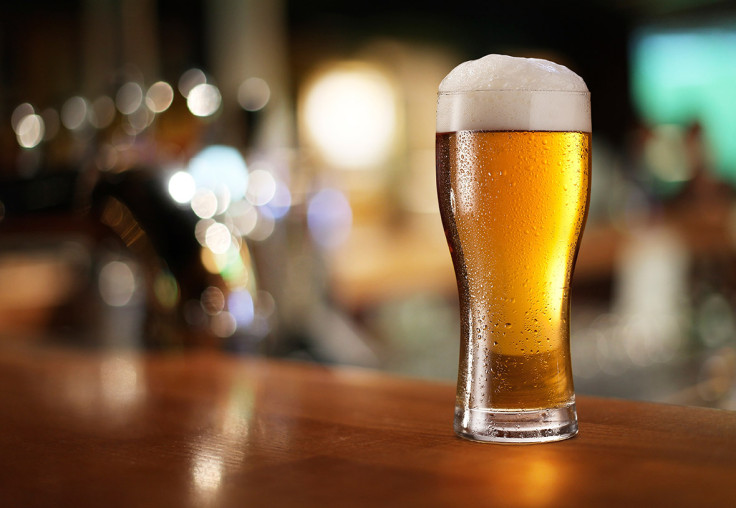Guess what? A pint of beer make us more sociable
Scientists have confirmed beer's pro-social effects as well as the validity of social cognition tests.

People often appear more sociable after a pint, but it is not clear why that is and what aspects of social cognition beer alters. A team of scientists from Switzerland who investigated this question has now shown that beer can make people more empathetic and better equipped to detect happiness in others. They are also more comfortable viewing explicit sexual pictures.
The discovery that alcohol enhances social interaction and makes people feel "prosocial" is not new, but research looking into the effects of drinking on social cognition had so far been limited. No data was available regarding the acute effects of alcohol on empathy, and while alcohol had been linked to sexual disinhibition and risk taking, few studies examined whether it increased sexual desire.
Using a battery of tests commonly used in psychopharmacology to assess the effects of medications and addictive substances on social interactions, the scientists from Basel University Hospital, led by Matthias Liechti, analysed the effects of beer on psychosocial attitudes. This also allowed them to confirm the relevance of these social cognition tests.
"We know that medications influence the way we perceive emotions and our social environment and we have tests that measure that. We thought, why not test a substance that we all know, that we are all using, like alcohol, in tests that we typically use in science. We were not primarily interested in alcohol's effects but rather in validating these tests that are being used to test medications and substance of abuse and see how they would work out with alcohol", Liechti told IBTimes UK.
Empathy, facial emotions and sexual arousal
The scientists conducted a double-blind randomised trial with sixty participants – both male and female – which took place over two days. On one day, they were given a glass of alcoholic beer and on the other a glass of non-alcoholic beer. "Each participant was its own control. We chose beer because it is an easy way to have a placebo since the beverage can also be non-alcoholic and it tastes similar. It is also strongly associated with prosocial behaviours. The participants didn't know which day they received the alcoholic beer and which day they received the placebo", Liechti explains.
They were asked to complete a series of computer-based tasks. These included a face recognition test, which assessed how participants read emotions in pictures of faces – it looked at whether they were capable of detecting sadness or happiness. An empathy test was conducted, to see how participants related to people who were pictured in emotionally loaded contexts. Finally, the researchers showed them neutral, erotic and then sexually explicit pictures to test how they reacted and whether they were more aroused after drinking alcohol. The effects were greater for women than men.
The researchers discovered that drinking beer helps people see happy faces faster and increases the desire to spend time with others in a happy social situation. Levels of empathy also increased. As to sex, it didn't seem to make people more sexually aroused, but it did make it easier to view sexually explicit images – a task participants usually do not like to do. All of this suggests that alcohol's effects on social cognition likely enhance sociability and confirms that computer-based tasks can be really useful to understand how a substance affects social interactions.
The complete findings are presented at the European College of Neuropsychopharmacology congress in Vienna, which takes place between 17 and 20 September.
© Copyright IBTimes 2025. All rights reserved.






















